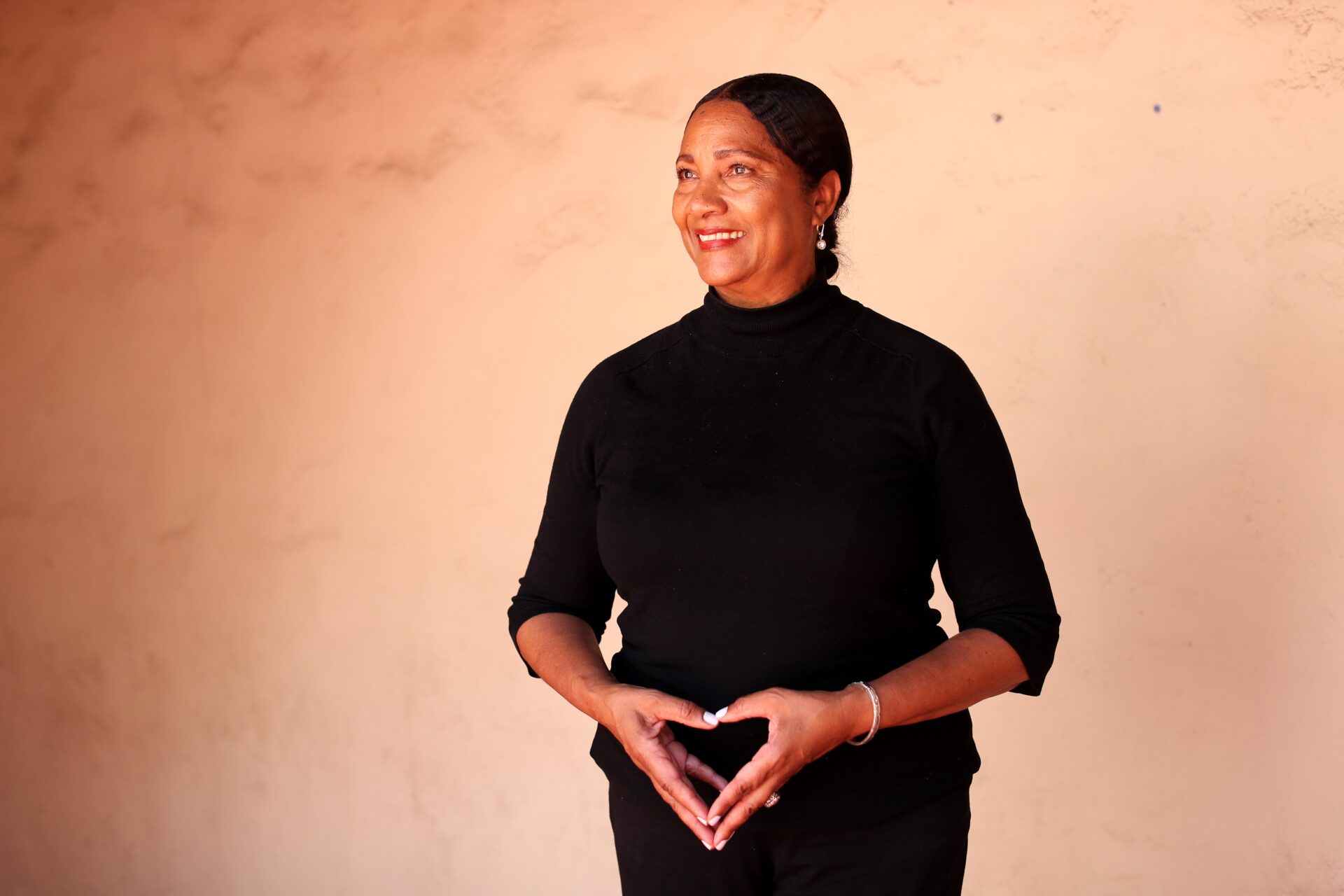“To get the full value of a joy you must have somebody to divide it with.” Mark Twain may have been way ahead of his time with this message, as the medical field is only now starting to view loneliness as a chronic disease.
It’s something to be taken seriously. Earlier this year, in fact, the Surgeon General issued an advisory on the epidemic of loneliness and isolation. Additionally, recent research from the Genomics Core Laboratory at UCLA found that loneliness can alter and weaken your immune system, leading to inflammation and an escalated risk of chronic diseases. Consistent loneliness can put you at risk for severe health conditions such as:
- Dementia and Alzheimer’s
- Stress and anxiety
- Depression
- Heart disease and high blood pressure
- Obesity
Loneliness is much different from solitude. Solitude is often a choice and can be beneficial, while loneliness is suffering caused by a lack of social and intimate contact. A person who enjoys restorative moments of solitude can also choose to engage and interact with others when desired.
What’s a solution?
Companionship holds great value for adults over 55 and can significantly enhance your overall wellbeing, happiness, and quality of life.
The value of companionship grows as we age and helps us:
- Build and maintain social connections for a sense of belonging and reduced social isolation. Regular social interactions can positively impact your mental health.
- Stave off declining health, decreased physical fitness, and reduced cognitive skills.
- Increase our happiness and joy through shared experiences and the creation of new memories. Friendships can provide a sense of purpose, fulfillment, and a positive outlook on life.
Despite the importance of community and companionship, a May 2021 American Perspectives Survey found that almost half of Americans report having three or fewer close friends.
But how?
While there are many possible ways to grow your social circle and increase your number of close companions, research from the National Institute on Aging shows that volunteering is an effective option for those of us who are 55 and older. Engaging in service-related activities allows you to interact with like-minded people who share common interests and values.
Volunteer work can provide companionship and give us:
- A shared purpose. When you volunteer, you become part of a community, fostering a sense of camaraderie and giving you an opportunity to form meaningful connections with others who are passionate about the same social issues and community needs as you are.
- Regular interactions by working in a team or group setting. This regular interaction allows you to develop relationships with fellow volunteers, staff members, and the people you serve. Over time, these experiences often lead to the formation of genuine friendships.
- An opportunity to try new things. Many volunteer opportunities involve learning new skills, mentoring others, or engaging in personal development, which is great for our brain health!
Where to start?
So how do we start volunteering? Finding a good fit might seem daunting if we are not connected to or aware of a project, team, nonprofit organization, or program. Sometimes even daunting enough to prevent us from actually taking that first step.
The good news is that AmeriCorps Seniors is already serving in nearly 40,000 communities nationwide. AmeriCorps Seniors matches over 140,000 Americans age 55+ with volunteer opportunities each year through their three programs: RSVP, the Senior Companion Program, and the Foster Grandparent Program.
While all three programs offer opportunities to get involved and interact with others, the Senior Companion Program specifically addresses the loneliness epidemic. Volunteers spend time each week with other older adults who need companionship or help with day-to-day tasks. Not only do they provide much-needed services, but they also build meaningful relationships. Examples of how AmeriCorps Seniors volunteers serve include:
- Helping with errands, getting to appointments, cooking, or doing light household chores.
- Providing respite to family members caring for loved ones with chronic illnesses.
- Simply visiting with people and engaging them in stimulating conversation and activities.
It only takes one small step to start this new adventure. And that one small act just might begin new friendships, new community, and newfound purpose. To again quote Mark Twain, “The universal brotherhood of man is our most precious possession.”
Learn more about AmeriCorps Seniors.


great ideas and certainly very real words
Thank you Gail! Volunteering is just one of those things that has a compounding effect – you personally feel good, those you support are are in a better place, and the community benefits as well.